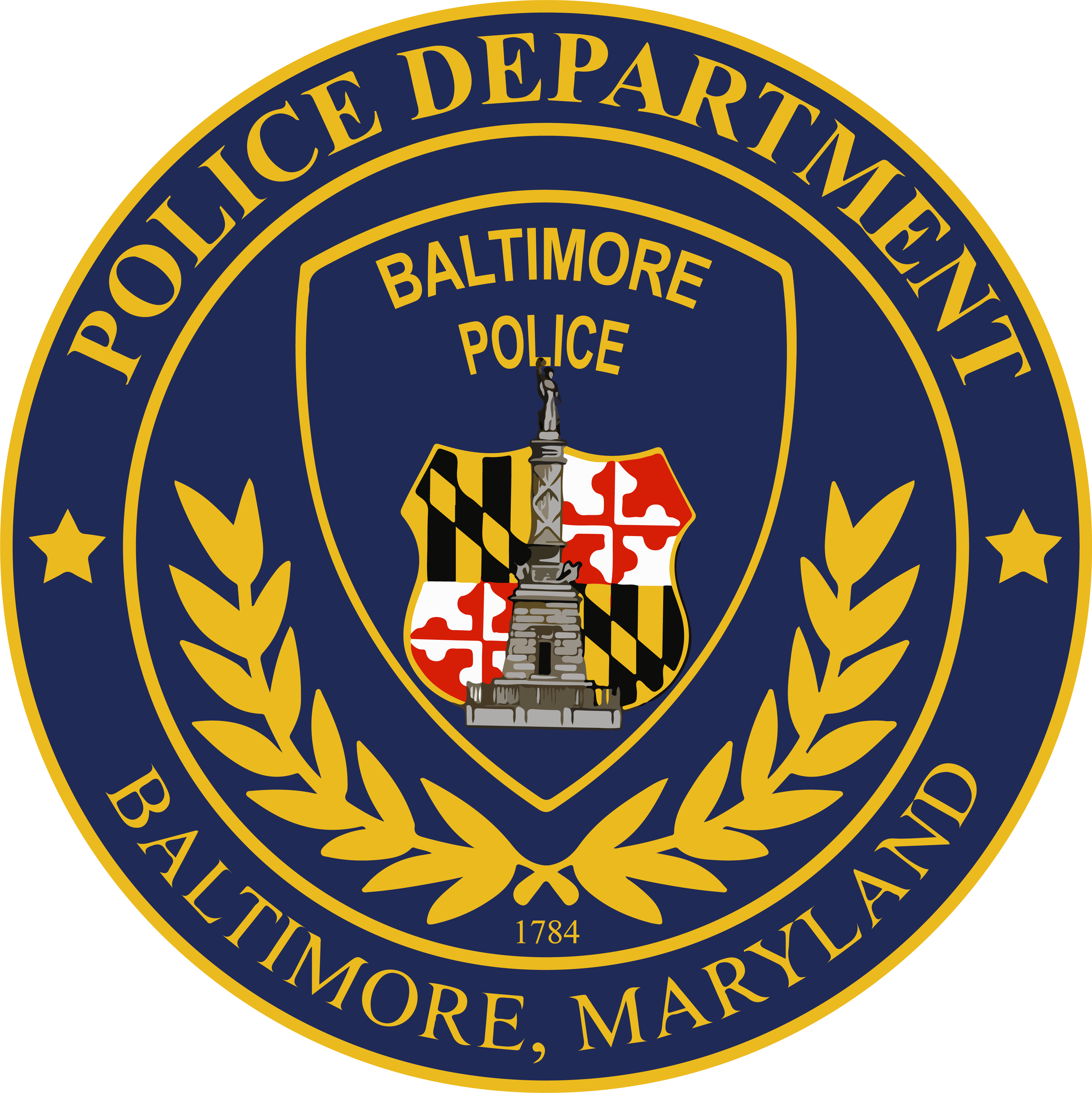SMART Policing

SMART Policing -- Strategic Management & Alternative Response Tactics -- includes Alternatives to Police Dispatch, Traffic Accident Management, Diversion to the Telephone Reporting Unit (TRU) and Online Reports and False Alarm Reduction.
SMART Policing Measures
SMART Policing measures are designed to:
- Provide a more complete and appropriate response for non-priority calls for service
- Allow officers to spend more time for investigating and solving high-level crimes
- Improve officer response time to high-priority crimes and ensure a complete response for high-priority calls
- Allow for more of our patrol officers’ time and resources to be spent on community engagement
- Improve our patrol officers’ working conditions
Report a Crime
Learn more about reporting a crime, filing an online report and vehicle-related crash reports:
SMART Policing FAQ
What is SMART Policing?
By implementing new policies and fully leveraging technologies that work as force multipliers, the BPD can lessen administrative burdens on officers, adjust workloads per officer, eliminate unnecessary calls for service, modernize antiquated processes and maximize our capacity. BPD plans to launch several processes improvements and technology initiatives to improve officers’ working conditions and reduce unnecessary burden on their daily activities.
What does SMART Policing stand for?
SMART Policing stands for:
Strategic Management & Alternative Response Tactics
Is SMART Policing the same thing as “Defund the Police”?
SMART Policing modernizes and lessens administrative burdens which allows officers more time for dedicated patrol for proactive community policing. In addition to eliminating unnecessary calls for service, this initiative will decrease call times for officers responding to calls of crime and allow for more proactive patrols to reduce crime and disorder through partnerships with the community.
What are the advantages of SMART Policing to the Police Department?
It reduces unnecessary burdens on patrol officers’ daily activities, while providing faster delivery of policing services to the public through telephone reporting, online reporting and alternatives to police response. It also improves officer response time to serious crimes, ensures that officers are responding to high-priority calls and frees up officer time and resources for proactive policing efforts.
What are the advantages of SMART Policing to the community?
Officers will have more availability to investigate and solve high-level crimes. They also spend more time focusing on community engagement through problem-solving partnerships to address quality of life crimes and disorder.
How does the Baltimore Police Department plan to use this newly freed up time?
SMART Policing will serve as a force multiplier to maximize our capacity and allow officers more time to address crime and disorder through proactive patrols, community engagement and decreased call times. As part of the department’s Community Policing Plan, this freed up time will allow officers to work with the community through informal and formal engagement, daily problem-solving and the implementation of Neighborhood Policing Plans.
What processes and technologies fall under SMART Policing?
Telephone Reporting, Online Reporting, Call Diversion, False Alarm Reduction Program and Traffic Accident Management handled by a third-party vendor.
What is TRU? What does it do?
The Telephone Reporting Unit.
TRU provides an alternative means for residents to obtain police services for low-priority or non-emergency calls for service. TRU reduces patrol officer call for service volume and allows for faster response to high-priority calls for service, and additional availability to conduct proactive patrol, engage with citizens and address community concerns.
What types of investigations can TRU investigate?
- Auto Accidents
- Civil Matters
- Destruction of Property/Vandalism to Vehicle or Property
- Lost or Stolen Property
- Larceny
- Larceny from Auto
- Abandoned Vehicles
- False Pretense
- Follow-Up
- Nuisance Complaints
- Out of Jurisdiction
- Unauthorized Use
- 911 No-Voice
What kind of calls will TRU NOT handle?
- Domestic Related
- In-Progress
- Incident Just Occurred
- Suspect on Scene
- Tangible Evidence Needing Collecting
- Injury or Threat Present
- Stolen Auto
- Attempted Stolen Auto
How do I report a crime using TRU?
Call the Telephone Reporting Unit from 7 a.m. – 11 p.m., Monday through Friday, at 410-637-8849.
When should I call 911?
For emergencies. If there is a crime in progress or you need immediate medical or police assistance, call 911.
When should I call 311?
For non-emergencies. 311 connects Baltimore citizens, businesses and visitors with a vast array of city services, programs and information, by allowing customers to report a problem, request a service, check the status of a previously submitted service request, and obtain information regarding City programs or events. For more on reporting non-emergencies, go to 311services.baltimorecity.gov.
When/how do I file a police report online?
You must answer No to all the questions found here: File a Police Report
What happens after I complete an online report?
When your online report is complete, you will see this message: “Your online police report has been submitted.” You will receive a temporary police report case number and can print a copy of the submitted report.
If further investigation is needed, someone from the department will contact you. When your report has been reviewed and approved, you will receive a Permanent Report Number. You must use this Permanent Report Number to follow up on the incident you reported.
How will SMART Policing impact our communities?
By diverting calls to TRU, 311 and online reporting, officers will no longer respond in-person for some non-emergency and low-priority calls. If further investigation is needed, someone from the department will contact residents. When a report has been reviewed and approved, you will receive a Permanent Report Number. You must use this Permanent Report Number to follow up on the incident you reported.


